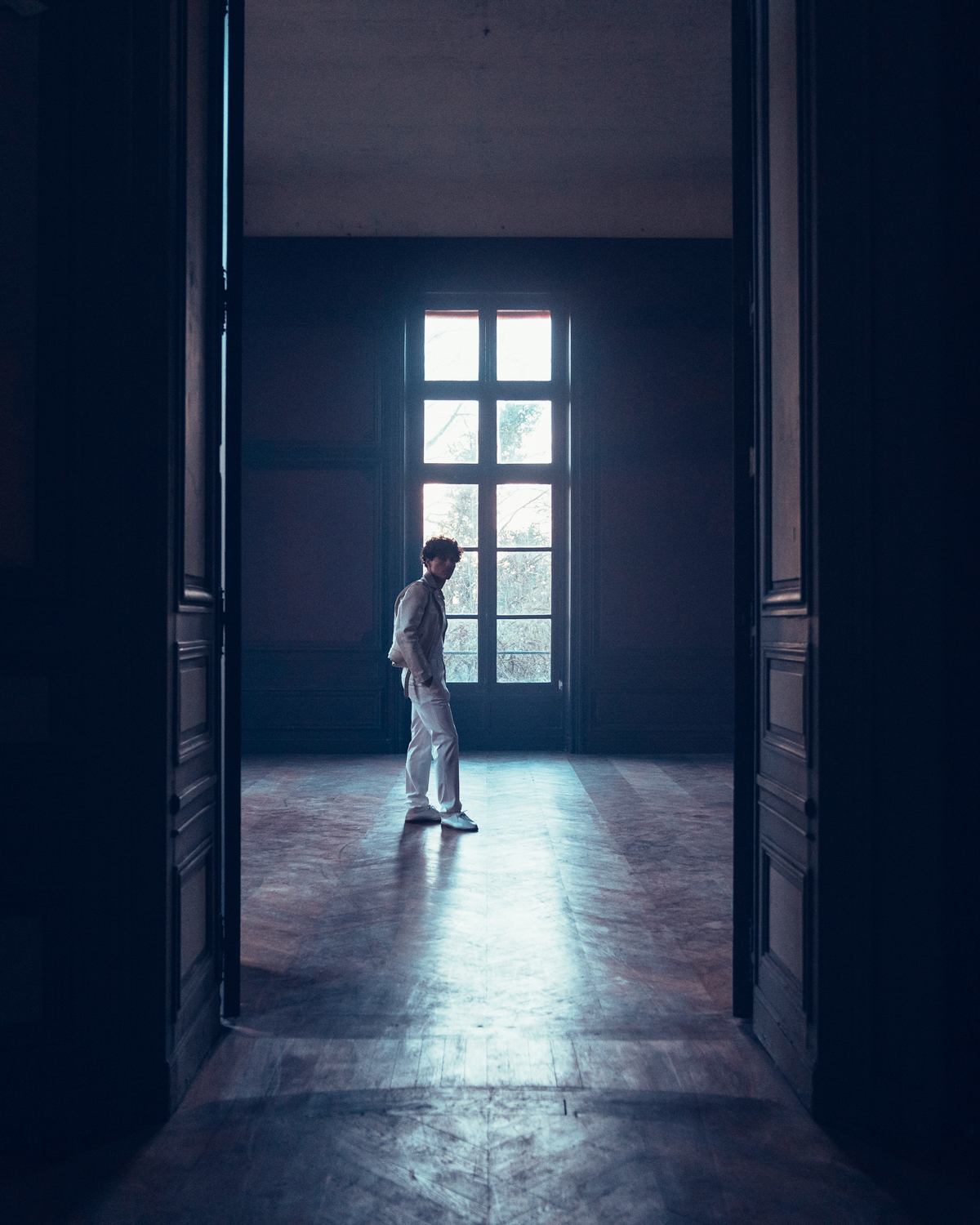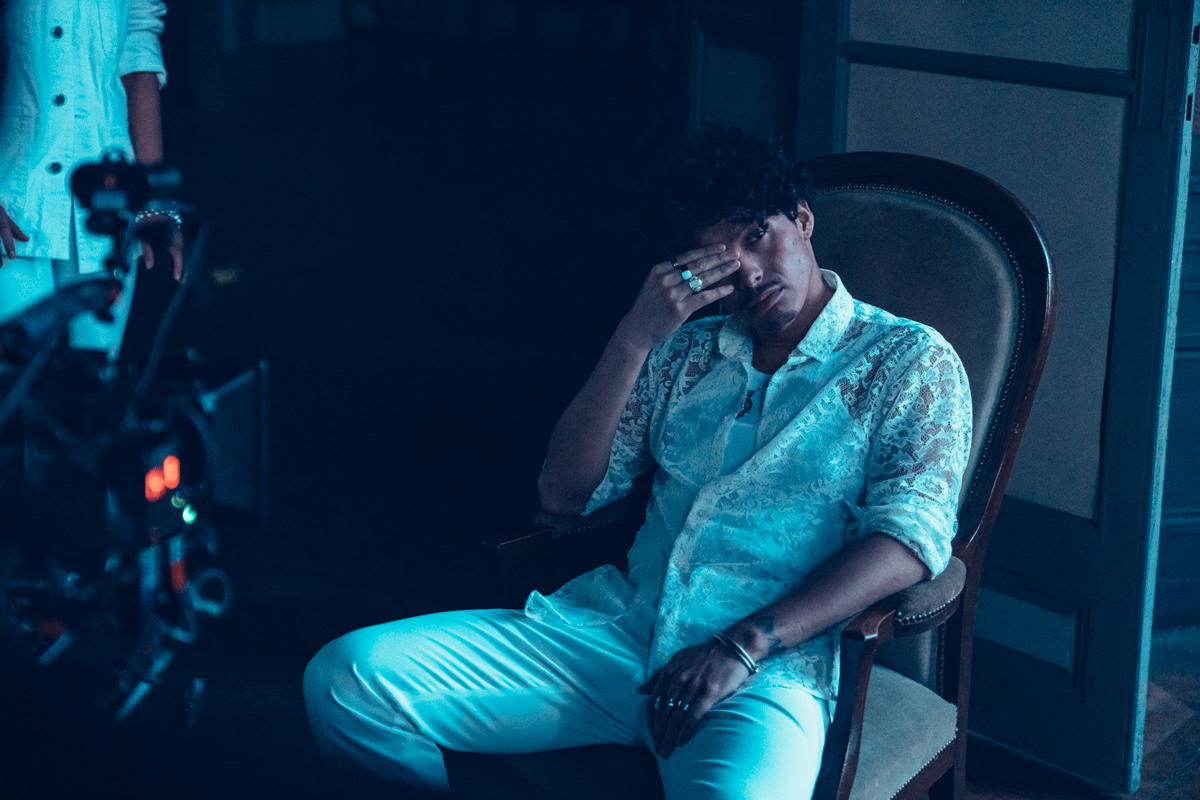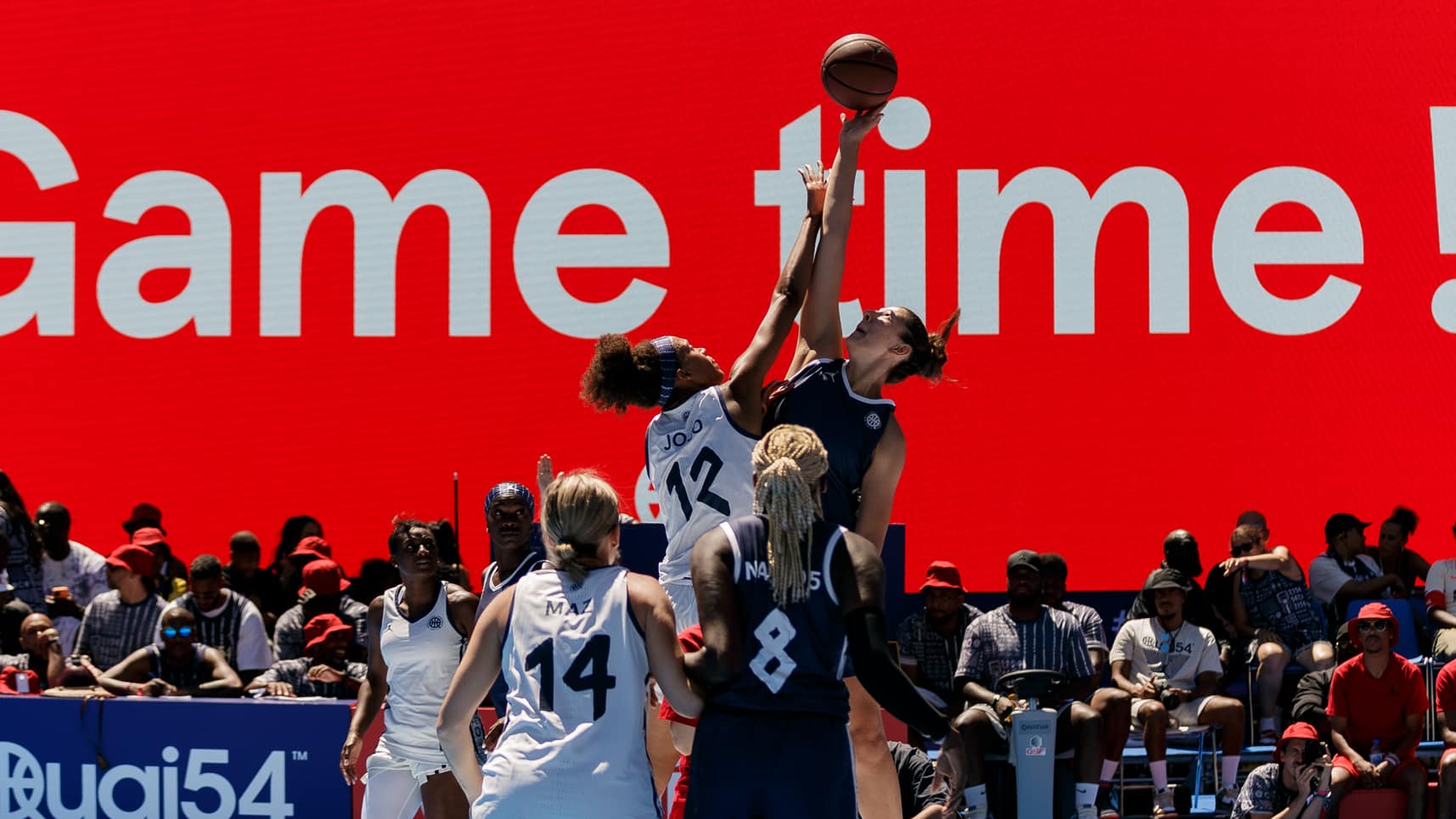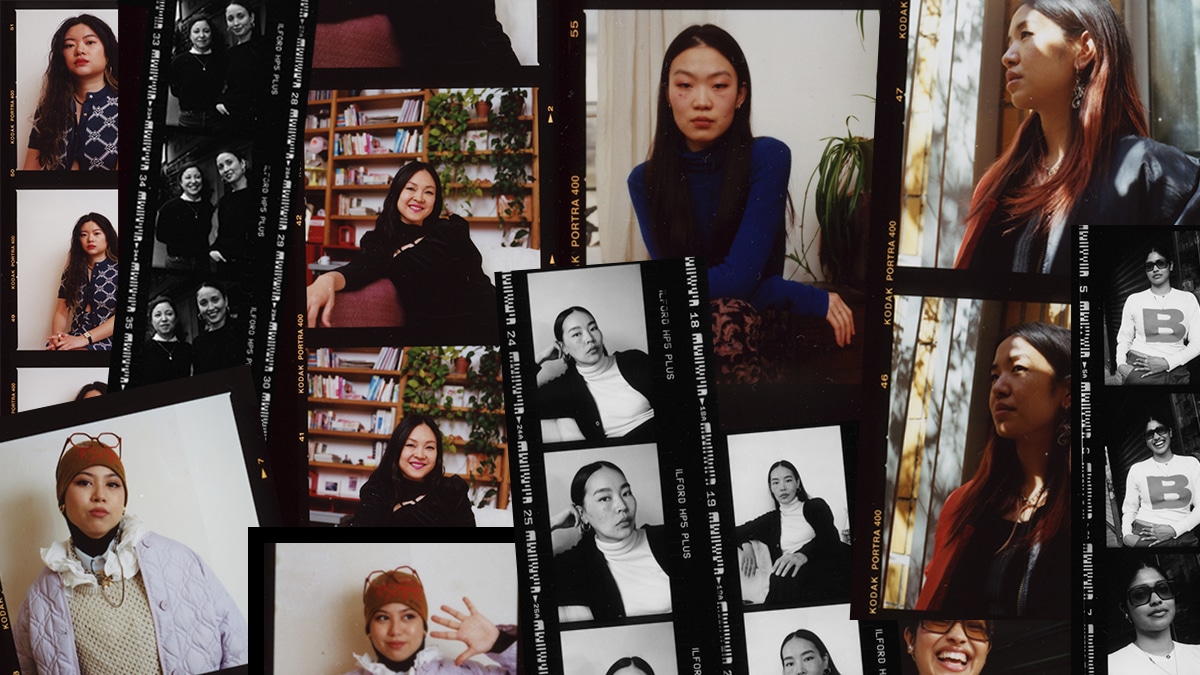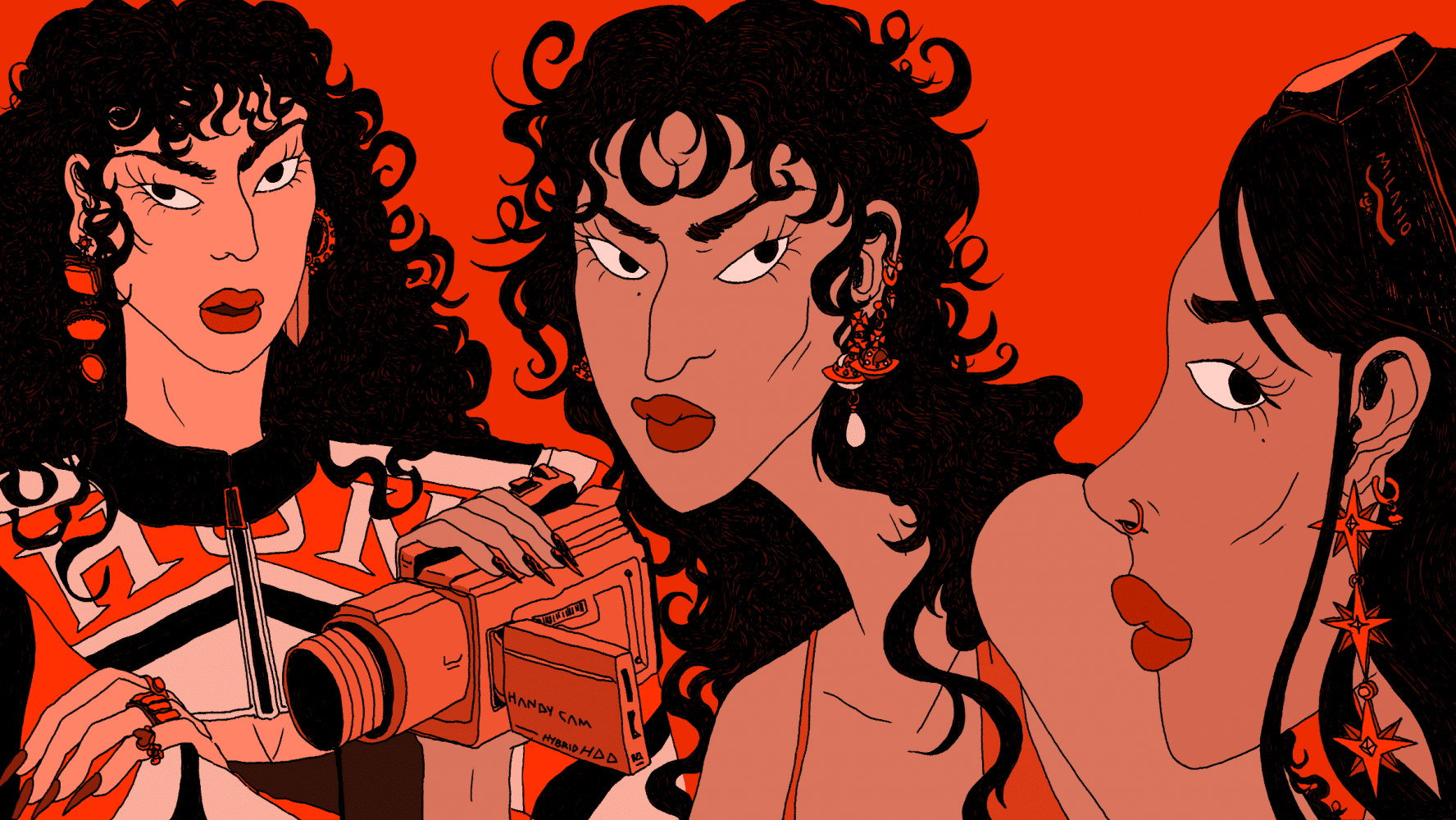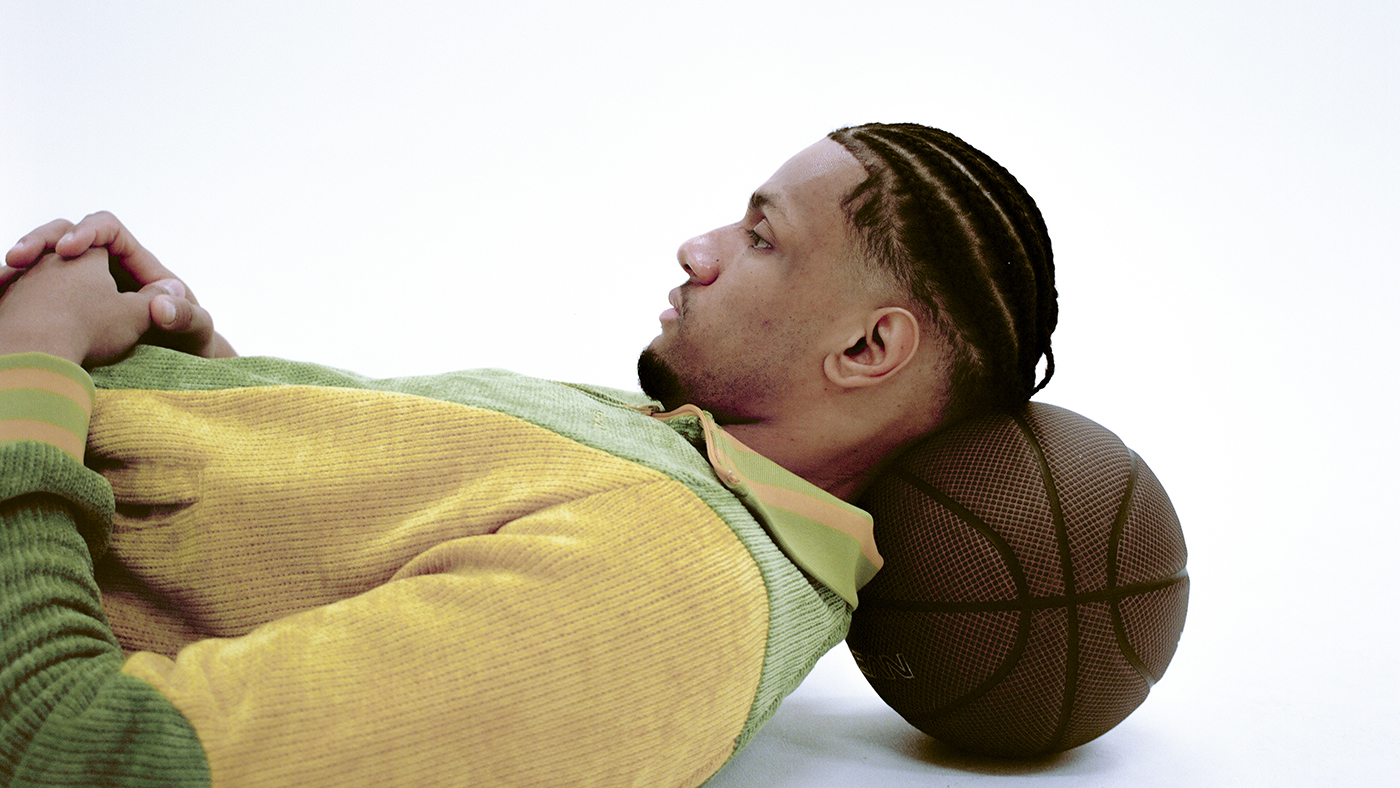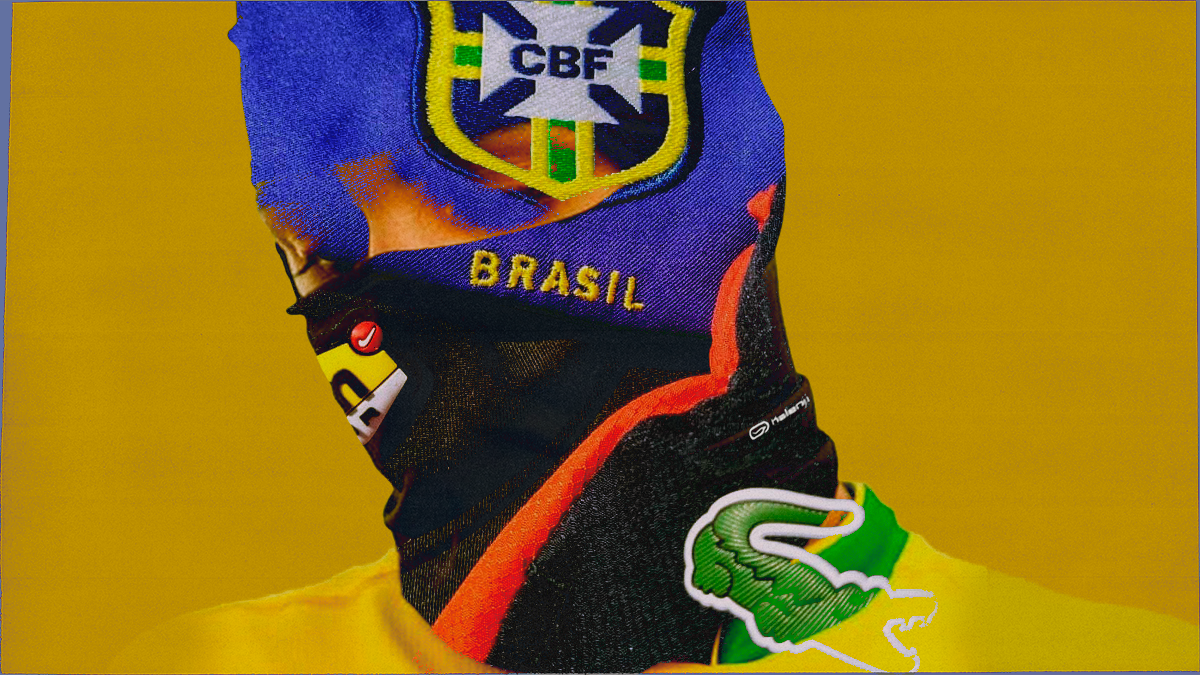In 2019, A.CHAL’s addictive mix of trap and latin music has no limits
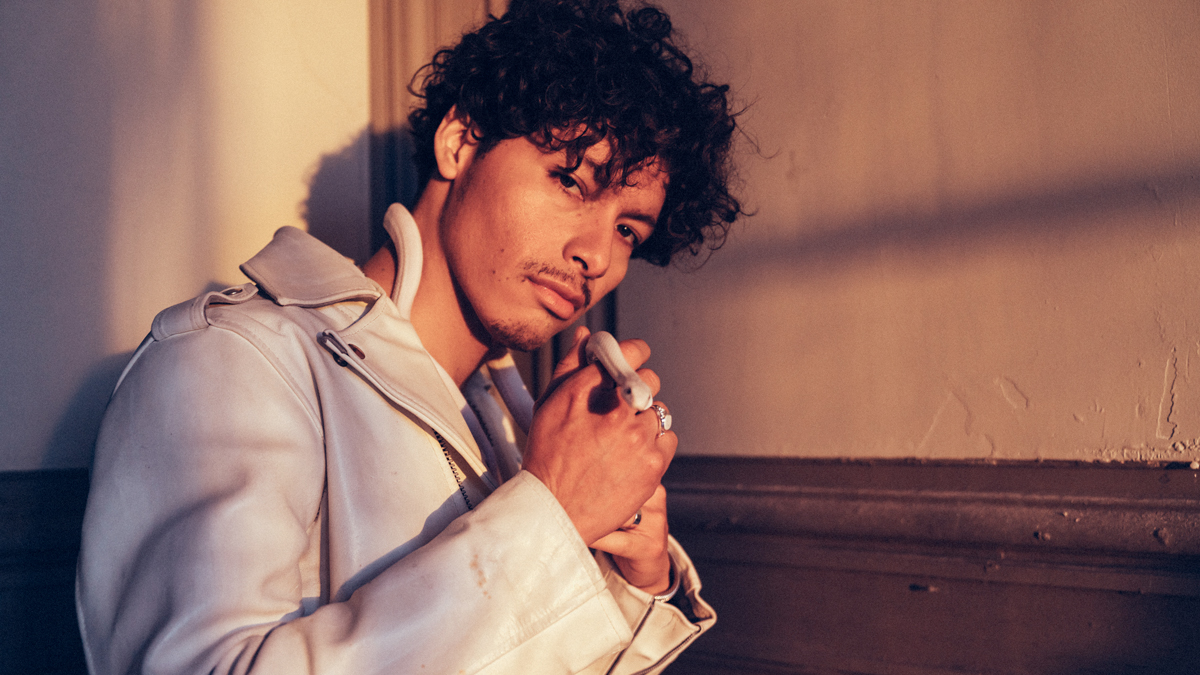
Expectations as high as the Andes mountains. Rising Peruvian-born singer, songwriter, and producer A.CHAL has a very distinct style. The Epic Records signee mixes Spanish and English, hit tunes and food for thoughts, in a music that’s both catchy and deep. On the verge of his 30th birthday, just before a highly expected album, his first with the support of a major label, we met him in a castle just outside of Paris on the set of the « 000000 » music video. Interview.
Photos : @adrelanine
« This a fast life, mami, things gon’ change. » Alejandro Chal, better known as A.CHAL, could elevate in the next few months. The Queens-raised artist, who was born in Peru, has the ability to infuse his roots into a blend of r&b, trap and pop. His latest EP, EXOTIGAZ, serves as a bite-sized appetizer before his upcoming full-length album. An impressive display of his artistry, highlighting his ability to craft songs for any mood and to honor both his heritage and his desire create powerful, meaningful art. The recent label signature of the man who learned how to make hit music by working for Jennifer Lopez back in 2014 allows us to believe that, more than ever, anything is possible for him: 2019 could be the year the multi-talented musician reaches new summits. We spent the day with him in a castle just outside of Paris, while he was shooting the music video of the ultra-addictive « 000000 », a track that would be played on every radio if the likes of Justin Bieber would have been the singer.
What does it mean to be an artist in 2019?
For me, for A.CHAL, 2019 is like a full-circle moment when I take everything I have done creatively, everything I have soaked up, that I have learned from life in the last 3 years, and I try to do my best in putting it in my music.
Apart from music, does an artist need to stand from something?
It’s a personal opinion. I want to stand for something. I was born in Peru, right? There are Latinos that are known, but not from Peru, not from South America. Not like, a brown Latino. For me to be able to be in Paris right now, with people that know me, to be in the States and have people that know me also as an American, it’s a new thing. I feel the responsibility of kind of representing those people. Representing people who are immigrants, who grew up in the States… And not just the States: there are immigrants in Paris, in Russia, in Africa, etc. Just that cultural hybrid, especially in 2019 when it’s so common, it’s so relative… Especially with the Internet: people are hybridising cultures constantly. I want to represent that.
In 2017, you said: “It’s music business: you have to be aware that anything that has to do with business and selling something, it’s not really about the craft or anything, it’s more or so about the numbers.” Being an artist in 2019 is about understanding the position you are in, and what you have to do to succeed—it’s not only about making music. What does it really take to be an artist?
Depends on what kind of artist you are. To be an “artist”, you do not have to be in any business, you do not have to make money to be an artist. But to be an artist for a living, to be a recording artist for a living… I think with the Internet now, it’s different. You need to use it as a tool. Now there are new things, back then it was just good songs, good music, and good concert performances. Now people have to be interested in you too, outside of that, on the Internet. So I guess there’s new responsibilities, even though it’s natural since everybody’s on social media. For me, because I am not someone who’s social media heavy, I have to still strive my way of cutting through everyone that’s using social media for clout, just based on my talent. And as far as the business goes, I own GAZI, my label which I managed to develop in partnership with Sony. These last years being an independent artist, I have learned so much about why it is that a company like Sony invest in this, invest in that and why they expect these numbers from this and that. It’s not like I understand every process, and like I’m able to take my feelings of how I feel about my art separate from that.
You also said: “Labels are pretty much, in my perspective, a bank of money and a bank of resources. It depends on what resources you need.” What resources did you need back in March 2018 when you signed with Epic Records? What were your limits, as an artist?
I would say promotion, I would say… It’s bigger than just that: at the end of the day, more than anything, it’s relationships. Silvia Rhone, who signed me, has been in the game for so long… She was in the game when Motown was like, first starting [she served as president of Motown from 2004 to 2011, Ed]. She has been in the game longer than almost any executive. Her knowledge, her intuition, her vision, her relationships, her honor: those are things that are priceless in a way, but yes they come in the deal. It’s the same thing with many executives. I think it’s very, very important to find an executive like that that you can have a relationship with, that you respect, and they can use their experience and their relationships to help you. I think that is the ultimate reason for a partnership with a label. That is why I did it.
It seems like there’s a momentum for Latin artists, especially the ones that are able to mix languages and genre, isn’t it?
It is a great moment to mix genre and languages. I feel like now, not only Spanish-speaking Latin people listen to Latin music: everyone does, because of the feeling, of the rhythm. So, if you are able to put words in there that they understand as well, it’s amazing.
You are about to be 30, and you have working on your music for 10 or so years. You have been grinding a lot: what is working now for you that hasn’t in the past?
Everything is working for me now. I will say this: being an artist who’s older, being an artist who’s had experiences and has taken his time, not only with his music but with his career, being able to gain this wisdom that I feel a lot of artists that I see, that are coming up, that are very young, that are blowing as fast as they’re gone, are lacking… I feel like I can see ten years ahead, because of my experience. What is working for me now is using my experience as a toolset to impact. You asked me earlier what my role was, as an artist. I feel like I am being able to give kids a different perspective as opposed to just like, “spend money on this, do these drugs, do this and that”. That I am able to give them that sort of light. Sort of like Bob Marley did, sort of like Prince did. I feel like that is something that I strive for.
« I want to make an album that lasts a hundred years from now »
Two years ago, you said that you did not feel like you “broke through yet”, that you were still an “underdog”. Do you still feel the same?
Hell yeah, I have not put out music in a year and a half. An album, I mean.
EXOTIGAZ, which was released less than six months ago, is a very solid project…
It is. But it is not like… You’ll see when my album drops. It’s not what I am working on. What I’m working on is life-changing. I look at albums like Bob Marley’s Legend, Adele’s 25, Black Sabbath’s Paranoid, any Beatles album, where every song is excellent and it’s saying something. More than just what’s hot at the moment. More than just what’s trending. Something that’s gonna last a hundred years from now. That’s what I am striving for, that’s why I am taking risks here and there, that is why I am taking my time with it. I do not care about fame, I do not care about having the most money. I care about having the body of work that is gonna last forever, because it meant something to that time. I feel like being at the time we are at right now, a lot is happening in the world. Shit has always been happening in the world but being that the Internet is putting it in front of your face… I feel like I have a wisdom that I can use as a resource. I believe it’s a great time. My timing could not be better. I am happy that it is at this time, I am happy that it did not happen early on when I started, because I would have made a lot of mistakes.
When you co-wrote and produced “Never Satisfied” for Jennifer Lopez in 2014, you received a note for Max Martin, that you described as the “biggest pop producer of all time”. The note was “one of the most impactful note” you ever got, as it taught you “Swedish maths”, meaning the formula to make hit songs. Are you done with making hit music?
In 2014, I was learning how to make a hit music on a mathematical, melodic level. But now, I feel like for a song to be a hit, it needs to hit the heart as well as staying in your head. However that is. It’s all linked to what is happening in my life, to my story: I was born in Peru, my dad was in a refugee camp, he had to travel a lot. His knowledge, him always pushing me to better… I couldn’t be someone else that I am now, being in the countries that I have been in and seeing what I have seen.
Do you follow football?
I have to because my family only watches football on TV all the time.
Peru sometimes host football matches in high-altitude stadiums, where foreigners struggle to catch their breath while Peruvians are at ease. The Peruvian stamina is legendary: do you believe you were granted this stamina as an artist as well?
Absolutely. I hike a mountain every day. It’s in my genes: I have to wake up every day and climb a mountain. But you’re right, I never looked at it in a metaphorical way, that’s crazy. It’s true. Yes, I am about to be 30 and my timing has never been better. You would think it’s the opposite.
When they will be out of breath, you will still be rolling.
I listen to the same shit as everybody. I was just listening to Gunna before this interview. But I still think that needs to be a voice of reason that people like too. I hate preaching music, but when an artist shares with you its experience and it makes you think to the point that it has an influence on you, I believe that’s great. I believe that is needed.
